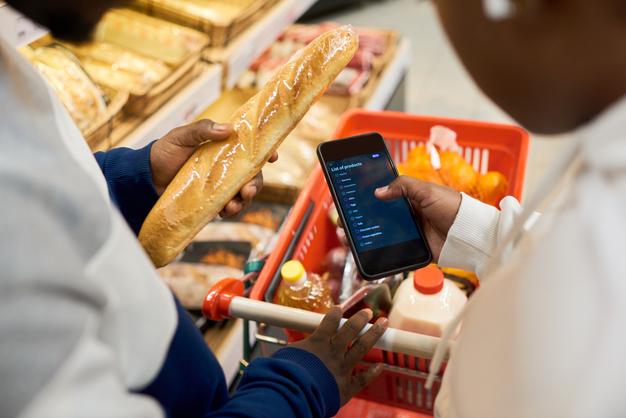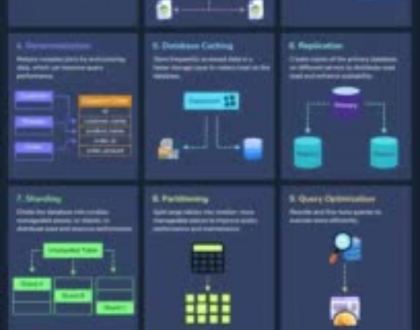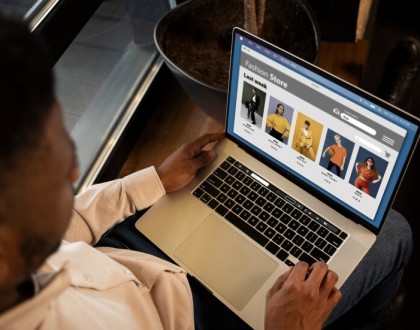Budget Practices For Developing A Food Delivery App In Mozambique

Budgeting practices for developing a food delivery app in Mozambique would involve researching the local market, determining the cost of app development, estimating costs for operations and marketing, and allocating a contingency budget for unexpected expenses. It’s important to also consider cost-saving measures such as using cost-effective technology and outsourcing non-critical tasks. The budget should be regularly reviewed and adjusted to ensure the app’s financial sustainability.
Market Research
Market research involves gathering and analyzing information about the target market, competition, and consumer behavior to inform the development and marketing strategy of the food delivery app. This helps to identify potential demand, preferences, and opportunities, ensuring that the app meets the needs of customers in the market and stands out among competitors. Market research can be conducted through surveys, focus groups, online research, and competitor analysis.
App Development Cost
App development cost refers to the expenses incurred in creating and launching the food delivery app. This includes the cost of hiring developers, designers, and other professionals, purchasing software and hardware, and any other costs associated with creating the app. The cost of app development can vary greatly depending on the complexity of the app, the technology used, and the location of the development team. It’s important to have a clear understanding of the app development cost to ensure that it fits within the overall budget for the food delivery app.
Operations Expenses
Operations expenses refer to the ongoing costs incurred in running the food delivery app, such as server maintenance, customer support, and employee salaries. This includes costs for managing and maintaining the app, as well as costs for fulfilling orders and delivering food. It’s important to accurately estimate and budget for these expenses to ensure the long-term viability of the app. This may also include costs for insurance, legal services, and taxes.
Marketing Budget
The marketing budget is the allocation of funds for promoting and advertising the food delivery app to potential customers. This includes expenses for online and offline advertising, social media marketing, influencer marketing, and other forms of promotion. A strong marketing campaign can help to increase brand awareness, attract new customers, and retain existing ones. It’s important to allocate a significant portion of the budget for marketing to ensure the app’s success in a competitive market.
Contingency Funds
Contingency funds refer to a portion of the budget set aside for unexpected expenses or emergencies that may arise during the development and operation of the food delivery app. This helps to mitigate the impact of unanticipated costs, such as technical issues, legal disputes, or changes in market conditions. Having a contingency fund in place can provide a safety net and help to ensure the financial stability of the app. The amount set aside for contingency funds should be based on a risk assessment and should be regularly reviewed and adjusted as needed.
Cost-saving Measures
Cost-saving measures refer to strategies implemented to reduce expenses and increase efficiency in the development and operation of the food delivery app. This includes using cost-effective technology, outsourcing non-critical tasks, and streamlining processes to reduce waste and improve productivity. Implementing cost-saving measures can help to keep costs low and improve the overall financial performance of the app. It’s important to regularly evaluate and adjust these measures to ensure that they continue to provide value and support the long-term success of the app.
Technology Choices
Technology choices refer to the selection of software and hardware used in the development and operation of the food delivery app. The technology used can have a significant impact on the cost and functionality of the app. It’s important to carefully consider and evaluate the options available to ensure that the technology chosen provides the best balance of cost-effectiveness and functionality. This includes choosing reliable and scalable technology that can support the app’s growth and success in the long-term.
Outsourcing
Outsourcing refers to the practice of hiring external companies or individuals to perform tasks that are not critical to the core operation of the food delivery app. This includes tasks such as customer support, data entry, and content creation. Outsourcing can help to reduce expenses and increase efficiency by allowing the app to focus on its core competencies and delegate non-critical tasks to experts. It’s important to carefully evaluate outsourcing options and choose reliable partners to ensure the quality of the services provided and minimize the risk of disruptions to the app’s operation.
Financial Sustainability
Financial sustainability refers to the ability of the food delivery app to generate sufficient revenue to cover its expenses and achieve its long-term financial goals. This includes having a well-designed pricing strategy, a clear understanding of operating costs, and a plan for growth and expansion. It’s important to regularly review and adjust the app’s financial performance to ensure that it remains financially sustainable and can support its continued growth and success. This may include adjusting pricing, implementing cost-saving measures, and seeking additional funding as needed.
Budget Review And Adjustment
Budget review and adjustment refer to the process of regularly evaluating the app’s financial performance and making changes to the budget as needed. This includes comparing actual expenses to budgeted expenses, identifying areas for improvement, and making changes to the budget to improve the app’s financial performance. Budget review and adjustment helps to ensure that the food delivery app stays on track and can continue to grow and succeed. It’s important to conduct regular budget reviews to ensure that the budget remains relevant and accurate, and to adjust the budget as needed to support the app’s success.
in conclusion, developing a food delivery app in Mozambique requires careful planning and budgeting to ensure its success. A comprehensive budget should include market research, app development costs, operations expenses, marketing costs, contingency funds, cost-saving measures, technology choices, outsourcing, and financial sustainability. Regular budget review and adjustment are also critical to ensure that the app stays on track and can continue to grow and succeed. By following best practices in budgeting and financial management, the food delivery app can achieve its financial goals and succeed in a competitive market.
Recommended Posts

12 Proven Ways to Improve Database Performance
April 29, 2025


